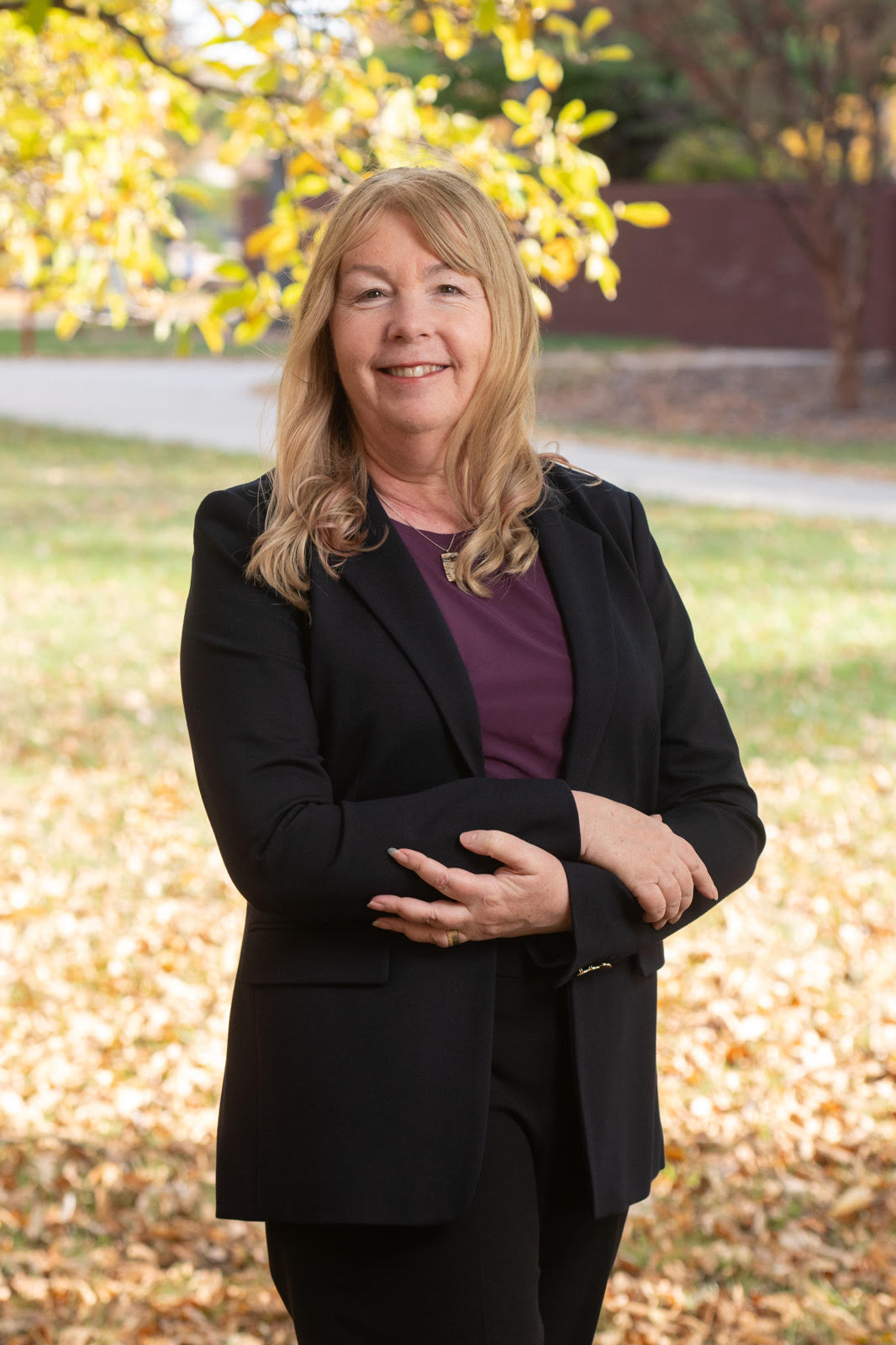 Youth-Led Participatory Science for Community Environmental Assessment
Youth-Led Participatory Science for Community Environmental AssessmentCommunity Science/Research
Oral Presentation
Prepared by S. Locke1, B. Greenfield2, C. Blake1, G. Bracey1, P. Bhusal1, C. Colaninno1, A. Figueiredo Dexheimer1
1 - Southern Illinois University Edwardsville, Campus Box 2224, 1 Hairpin Drive, Edwardville, IL, 62026, United States
2 - University of Southern Maine, Wishcamper Center Room 238, Portland, Maine, 04101, United States
Contact Information: [email protected]; 207-310-3497
ABSTRACT
Participation in scientific research holds potential for a range of positive outcomes for middle and high school students, including increased science knowledge and skills, positive attitudes towards science learning, and development of an identity as a scientist. Programs that support young students to do science in their own community are especially powerful because they enable learners to see the relevance of science to everyday life and imagine themselves in a career that benefits humanity. With the goal of attracting more students into science careers, our team of scientists and educators offered two multi-year community environmental assessment programs for precollege students—292 middle school students and 100 high school students participated. The activities featured data collection using handheld and portable environmental sensors for air, noise, and soil at sites in the Metro East, Illinois, communities of the greater St. Louis metropolitan region. The curriculum, used in out-of-school settings but highly flexible by design, followed student-centered and place-based principles, with students supported by scientists to design, implement, and communicate the results of hypothesis-driven studies about environmental conditions in their community. Findings from interviews of 29 high school participants indicated that a person's pre-existing image or definition of a scientist has an impact on whether or not they feel they could be a scientist. Other aspects that may strengthen or weaken youth science identity are interest in science, self-efficacy in science, recognition as a scientist by self and others, and one's community or context. Surveys of 39 middle school students showed increases in their self-reported environmental content knowledge, but no changes in their perceived understanding of the scientific method. These findings and our team’s experiences revealed a need for standardized rubrics or protocols for measuring precollege students’ environmental measurement competencies, both to inform educational research and to give students tangible evidence of their developing skills in science.

